It took several decades after its first publication in Saigon in 1972 (in French) for Professor Bui Xuan Bao's classic research work on the first 20 years of modern Vietnamese literature, Modern Vietnamese Novels 1925-1945 - Birth & Progress (original French title: Naissance et évolution du roman vietnamien moderne 1925-1945 ), to be translated into Vietnamese.
Valuable documents on modern Vietnamese literature
The talk included many teachers of the Faculty of Literature who were direct students of Professor Bui Xuan Bao before and after 1975 such as Associate Professor Dr. Nguyen Thi Thanh Xuan, Associate Professor Dr. Vo Van Nhon, and the rest were descendants such as Associate Professor Dr. Doan Le Giang, Associate Professor Dr. Nguyen Cong Ly, Dr. Ho Khanh Van, Dr. La Mai Thi Gia; director Xuan Phuong, director Le Hoang, many graduate students, students and especially translator and literary researcher Pham Xuan Nguyen as the host.
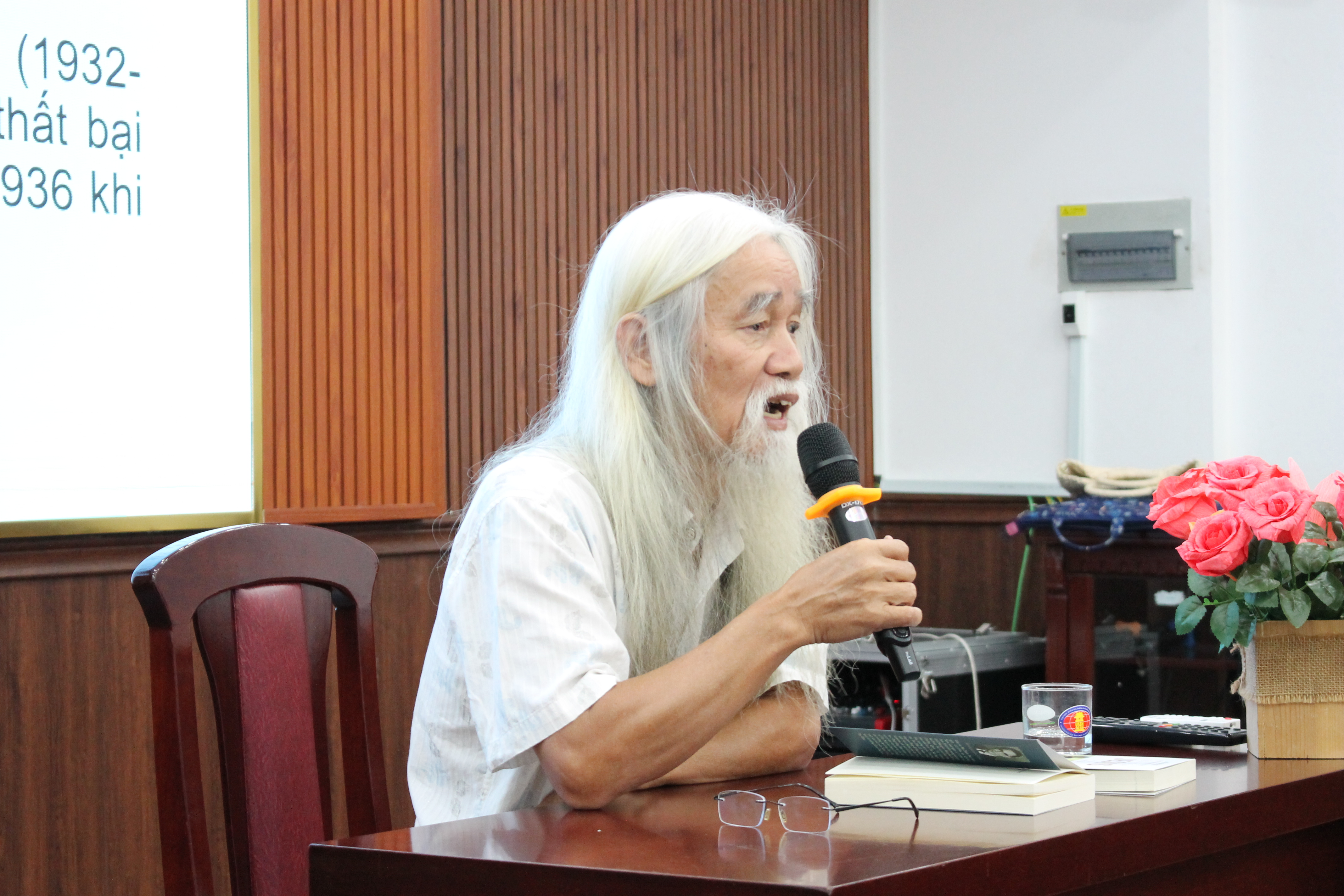
Translator Pham Xuan Nguyen (pen name Ngan Xuyen) hosted the talk show.
Modern Vietnamese Novels 1925-1945 - Birth & Progress was originally a doctoral thesis that Professor Bui Xuan Bao submitted along with his first (main) thesis to obtain a doctorate in national literature at Sorbonne University (France) in 1961. The work was first published in 1972 in Saigon in the "Humanities and Society" book series, and in 1985 in Paris (France) in the "New Road" book series. Translator Pham Xuan Nguyen translated the 1985 translation into Vietnamese with great care and precision in writing style.
As a scholar with profound knowledge of French, his French writing style and language "must be ranked among the best among Vietnamese scholars", but his doctoral thesis is organized in a simple structure, with writing techniques that are not too complicated, making reading and researching the novel genre as well as the narrative genre not too "hard" for readers. Professor Bui Xuan Bao has seriously examined and analyzed the portrait of modern Vietnamese novels with the starting point being 1925 through two works , The Watermelon by Nguyen Trong Thuat and To Tam by Hoang Ngoc Phach. He took the starting point from these two works and outlined a long streak of the novel's progress through the beginning in the period 1925-1932, the brilliant development in the period 1932-1940 and the remaining period 1940-1945 - the outbreak of the resistance war against France. In it, he approaches and divides novels in relation to society and current events, so the genre that the author analyzes tends more towards the scope of the subject than the characteristics of the genre.
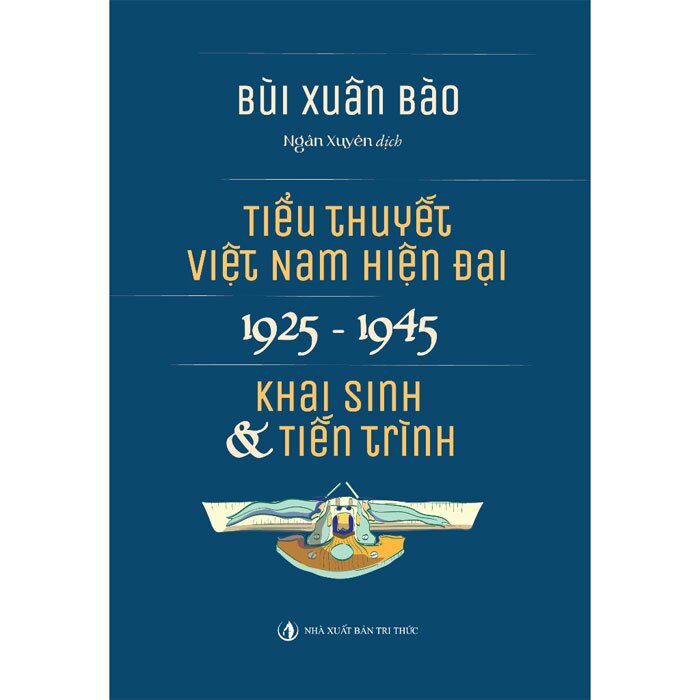
The book Modern Vietnamese Novels 1925-1945 - Birth & Progress has just been published.
Professor Bui Xuan Bao carefully drew a picture of modern Vietnamese literary novels during those decades. He examined a huge number of works and newspapers to write a pioneering work, laying the foundation for research on literature during this period with the spirit of overcoming all religions and borders.
As translator Pham Xuan Nguyen said, "this value has been surpassed by other values" with later research articles and works that have revised and updated many documents, but the book (although late in terms of documents) is still necessary because it provides a more systematic view of this literary period.
Suggestions from reading
The talk received a lot of sharing from teachers, which can be considered valuable directions for those who want to do in-depth research on literary genres, especially novels or narrative genres, in the early 20th century in Vietnam.
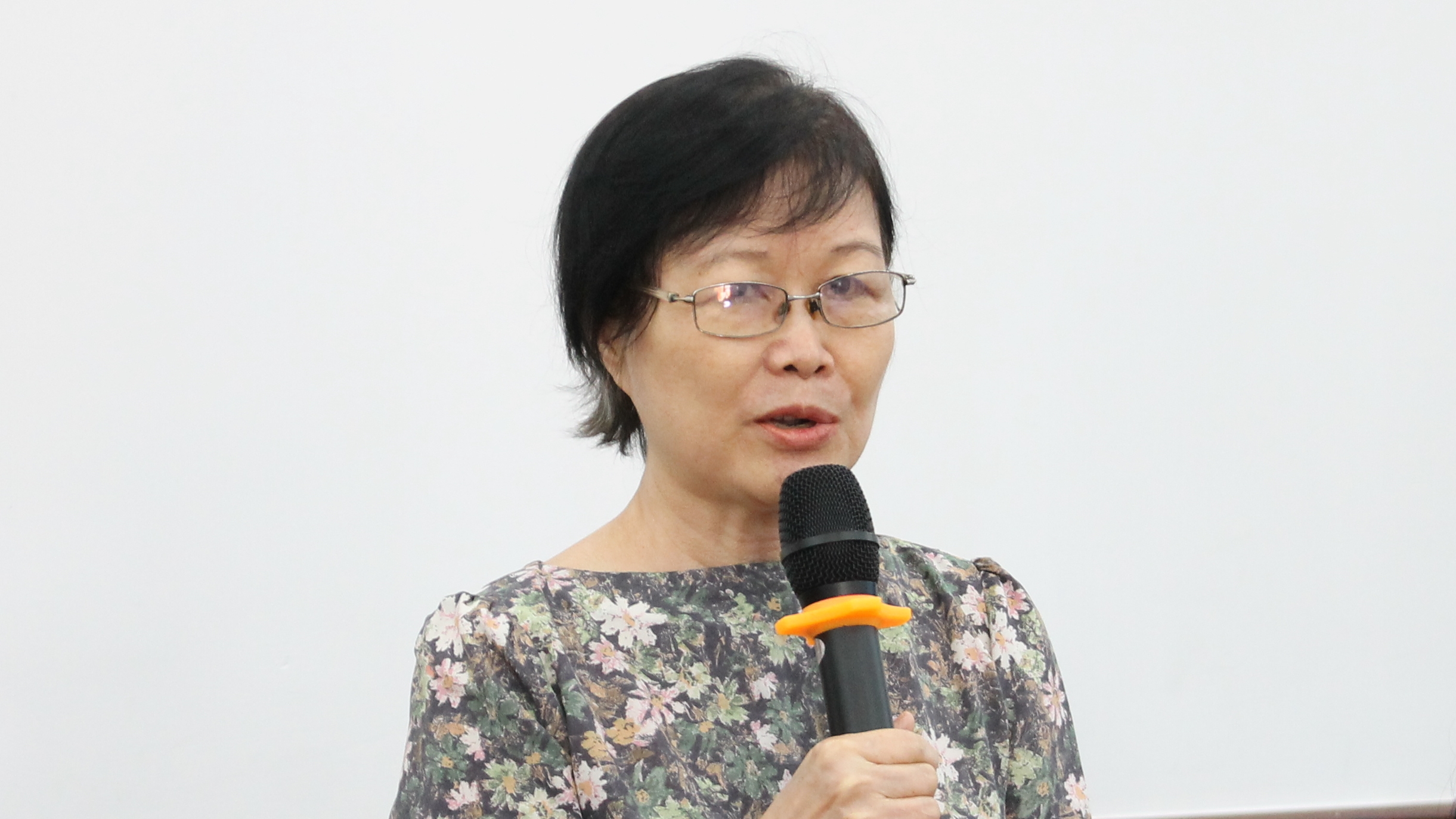
Associate Professor Dr. Nguyen Thi Thanh Xuan, a student of Professor Bui Xuan Bao, said that his works are valuable documents for students and researchers.
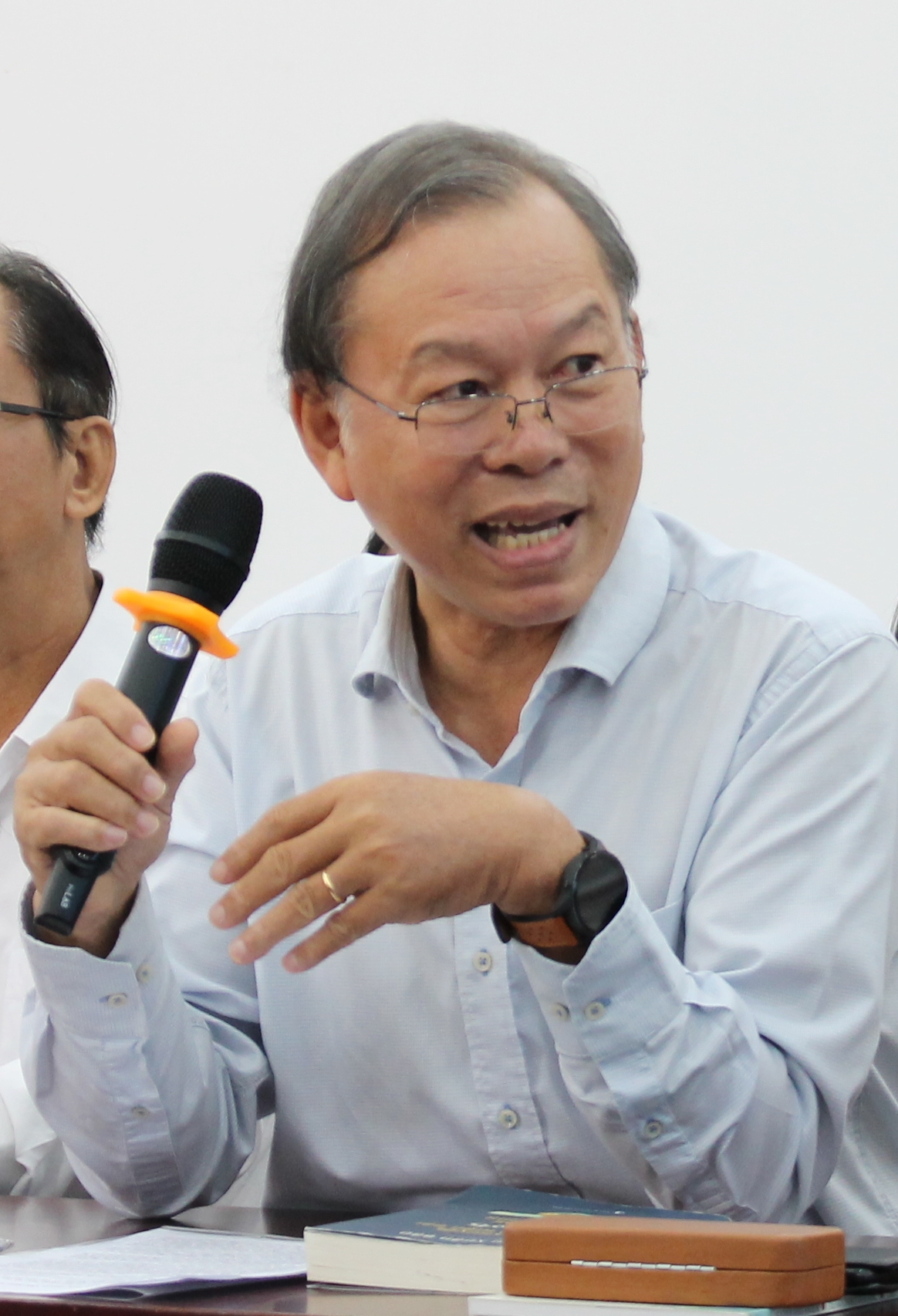
Associate Professor Dr. Vo Van Nhon believes that Professor Bui Xuan Bao's research is elaborate and has high scientific content, however, it is necessary to add more Southern authors to have a broader generalization.
The translation of Modern Vietnamese Novels 1925-1945 - Birth & Progress is not without its challenges. The layout of the original work sometimes confuses the translator with the way the titles are presented and the different chapters are divided without a certain system. Not stopping there, the French work is translated for the first time, so there are many unfamiliar concepts such as "superman theory" in the novel, "knight stories" when he mentioned the popularity of translated Chinese stories as the impetus for modern novels in the South (alongside swordplay stories), "countryside novels" through the portraits and writing styles of writers such as Tran Tieu, To Hoai, Bui Hien, etc.
Associate Professor Dr. Vo Van Nhon, a researcher of Southern literature, commented that this work has an amazing comprehensiveness, high scientific content, including Southern works, but the work "The Tale of Lazaro Phien" (1887) by Nguyen Trong Quan is absent because modern Vietnamese literature should have started earliest from this milestone for many reasons, including this being the first work written in the national language. Or another work that he did not mention is "Ha Huong Phong Nguyet" by Le Hoang Muu, also raising the question of whether, for some reason, he had not consulted the newspaper "Nong Co Min Dam" ? Because this work was considered by researcher Bang Giang "to be the first novel in the national language in the South, notably an important document in the study of the history of modern Vietnamese novels in the early 20th century" (quoted from the Preface in the 2018 edition of "Ha Huong Phong Nguyet "; published by Saigonbooks and the Culture - Literature Publishing House). Professor Bui Xuan Bao mentioned the portrait of Ho Bieu Chanh, but according to Associate Professor Dr. Vo Van Nhon, Southern literature in the early 20th century in this work is still quite empty and needs to be supplemented to make it fuller.
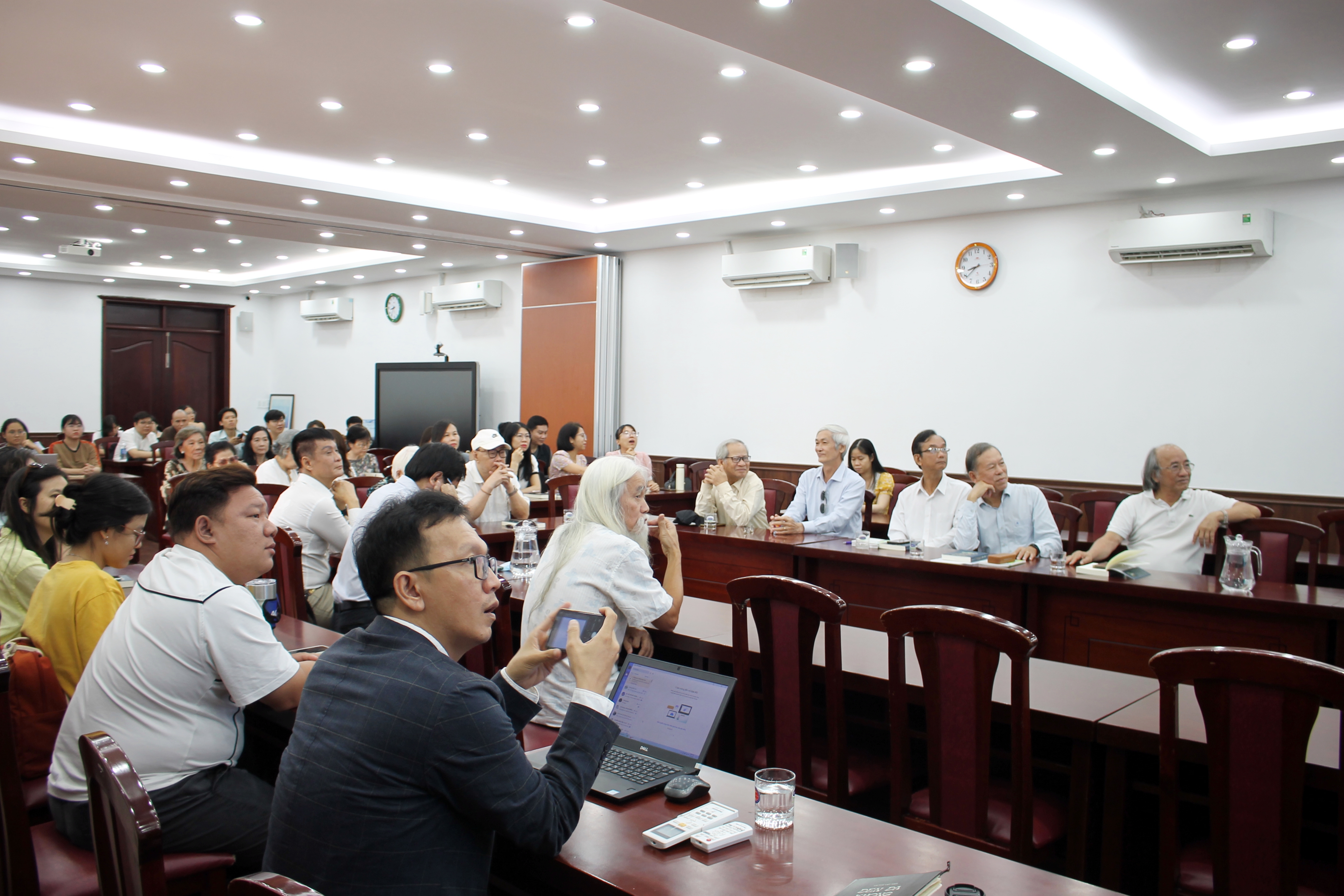
The talk had many interesting discussions about the works of Professor Bui Xuan Bao.
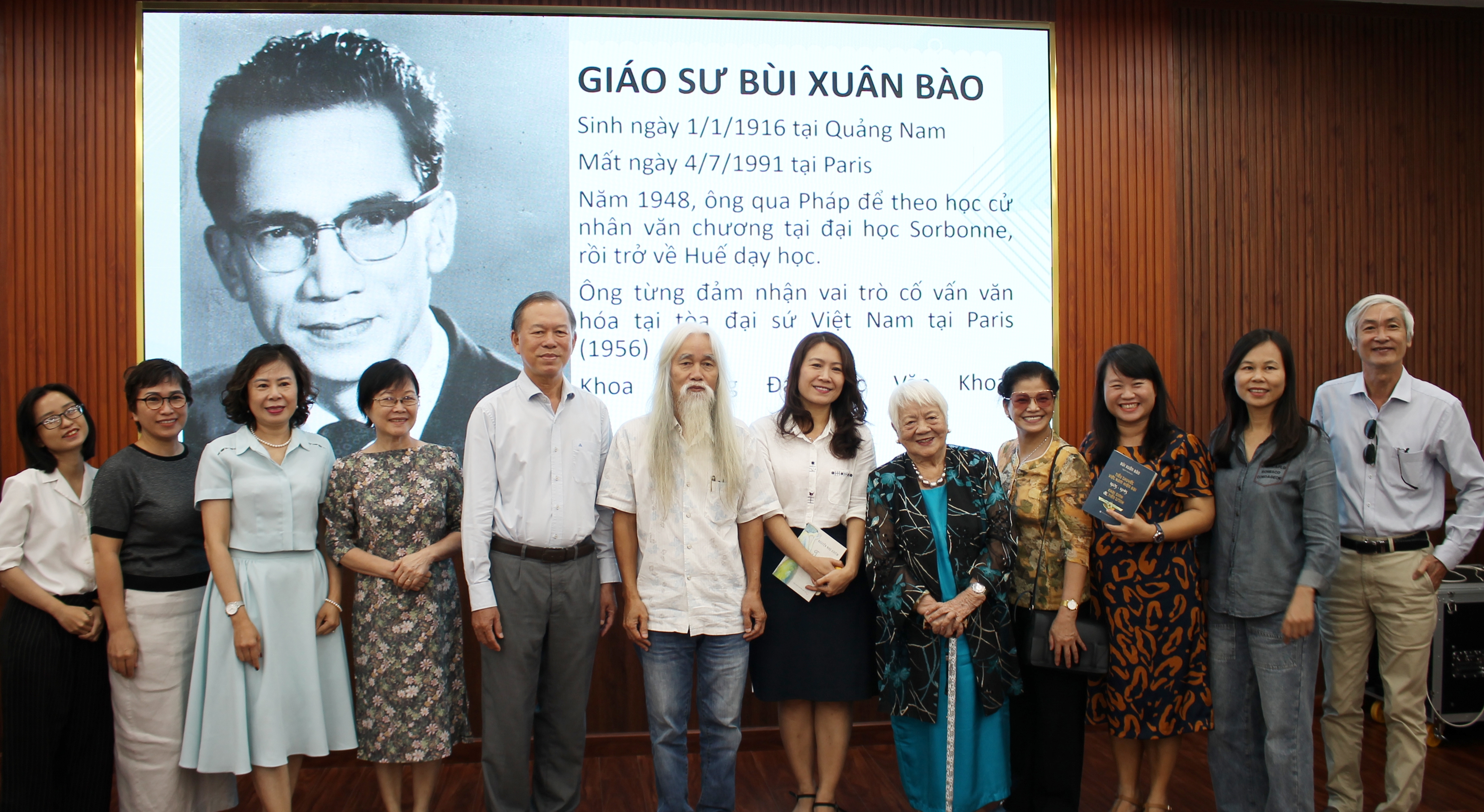
A warm chat session with the participation of teachers and students of the Faculty of Literature.
Associate Professor Dr. Nguyen Thi Thanh Xuan emotionally shared that after several decades, Professor Bui Xuan Bao had the opportunity to return to the place where he was once attached - the Faculty of Letters and with his students. Although the professor passed away in France, the presence of his works in Ho Chi Minh City is a precious opportunity for many generations of researchers and students because his scientific method and writing style in this book are like "a literary experience", "a cultural experience" of a researcher who reads very carefully, thinks very carefully, not just like a teacher and researcher, thus opening up many cross-cultural dimensions, going beyond the issue of text for scientists.
Although Professor Bui Xuan Bao's work has only been translated into Vietnamese, this work also opens up new and challenging scientific ideas depending on the "expectation" of the reader. Associate Professor, Dr. Doan Le Giang commented that, compared to the documents of contemporary domestic researchers in the period of 1960-1970, the documents in Modern Vietnamese Novels 1925-1945 - Birth & Progress are no longer new, but suggest an approach, or a way to describe Vietnamese literary history in the early 20th century compared to China, Japan, etc. Translator Pham Xuan Nguyen said that this classic book also raises the question of when in our country "will there be someone calm enough, courageous enough and diligent enough" to write about the picture of Vietnamese literature in the early 21st century as Professor Bui Xuan Bao did.
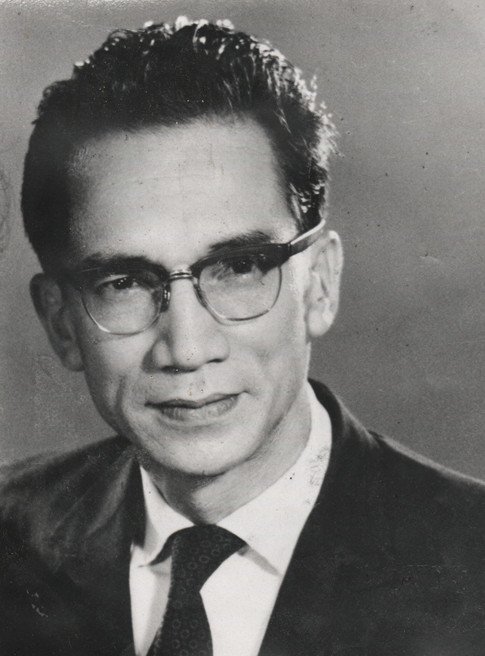
Portrait of Professor Bui Xuan Bao
Professor Bui Xuan Bao (1916-1991) came from a Confucian family. He studied for a bachelor's degree in literature at Sorbonne University in 1948, then returned to Hue to teach. He served as a cultural advisor at the Vietnamese embassy in Paris in 1956, as deputy minister of education in charge of culture in South Vietnam, and as head of the Faculty of Letters at the University. His life was closely linked to Vietnamese youth and literature, especially his contribution to training many generations of students who later became leading literary researchers.
Source: https://thanhnien.vn/giao-su-bui-xuan-bao-da-ve-voi-van-khoa-voi-hoc-tro-cua-ong-185240623184039314.htm


![[Photo] National Assembly Chairman Tran Thanh Man chairs the meeting of the Subcommittee on Documents of the First National Assembly Party Congress](https://vphoto.vietnam.vn/thumb/1200x675/vietnam/resource/IMAGE/2025/5/8/72b19a73d94a4affab411fd8c87f4f8d)
![[Photo] President Luong Cuong presents the decision to appoint Deputy Head of the Office of the President](https://vphoto.vietnam.vn/thumb/1200x675/vietnam/resource/IMAGE/2025/5/8/501f8ee192f3476ab9f7579c57b423ad)

![[Photo] General Secretary To Lam begins official visit to Russia and attends the 80th Anniversary of Victory over Fascism](https://vphoto.vietnam.vn/thumb/1200x675/vietnam/resource/IMAGE/2025/5/8/5d2566d7f67d4a1e9b88bc677831ec9d)
![[Photo] Prime Minister Pham Minh Chinh meets with the Policy Advisory Council on Private Economic Development](https://vphoto.vietnam.vn/thumb/1200x675/vietnam/resource/IMAGE/2025/5/8/387da60b85cc489ab2aed8442fc3b14a)
![[Photo] General Secretary concludes visit to Azerbaijan, departs for visit to Russian Federation](https://vphoto.vietnam.vn/thumb/1200x675/vietnam/resource/IMAGE/2025/5/8/7a135ad280314b66917ad278ce0e26fa)

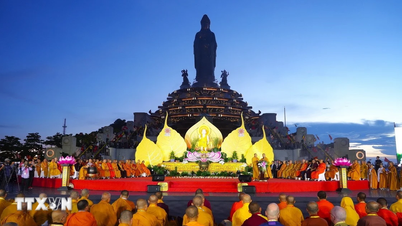
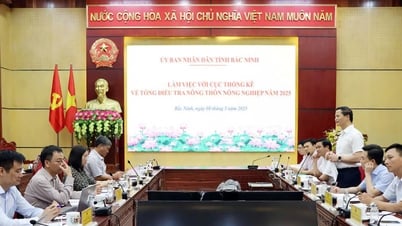
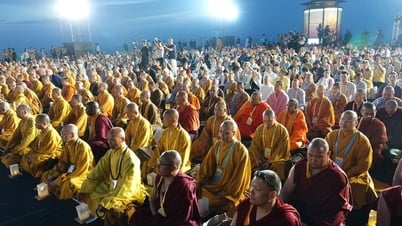

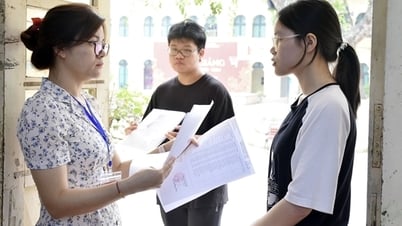






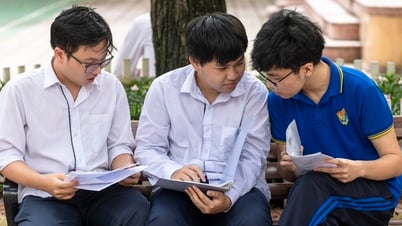
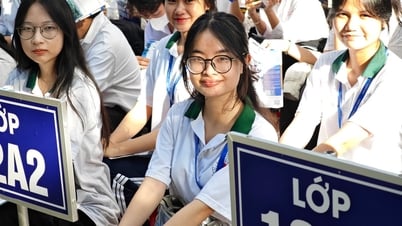
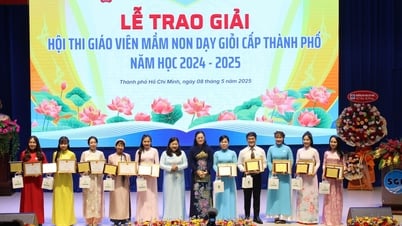

































![[Photo] Prime Minister Pham Minh Chinh talks on the phone with Singaporean Prime Minister Lawrence Wong](https://vphoto.vietnam.vn/thumb/402x226/vietnam/resource/IMAGE/2025/5/8/e2eab082d9bc4fc4a360b28fa0ab94de)












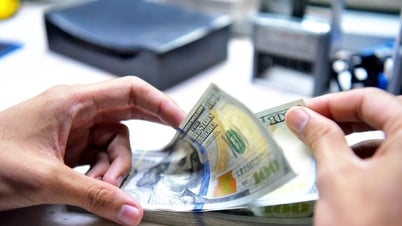


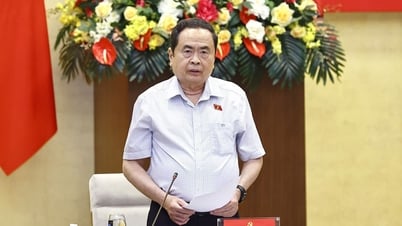

















Comment (0)